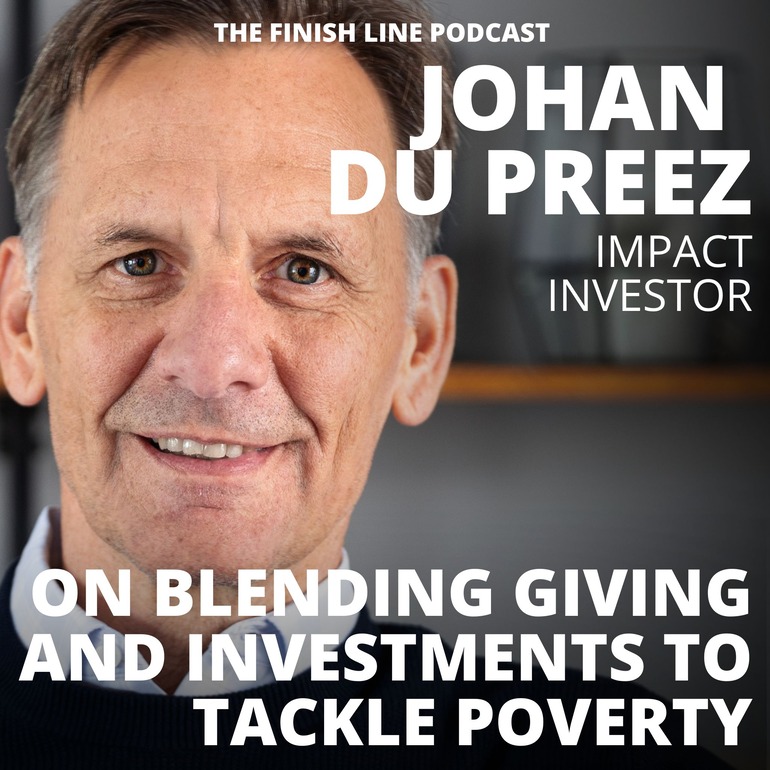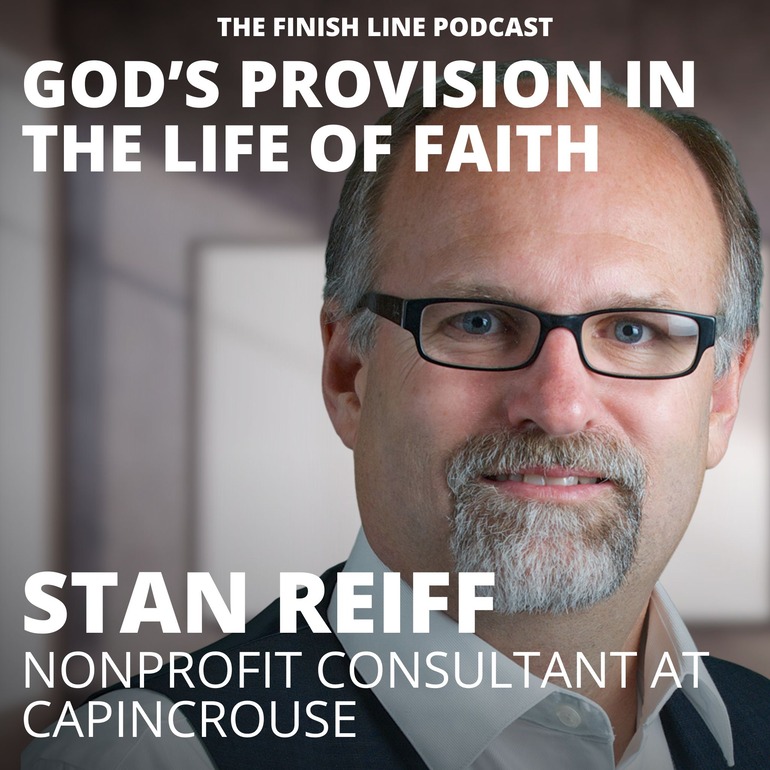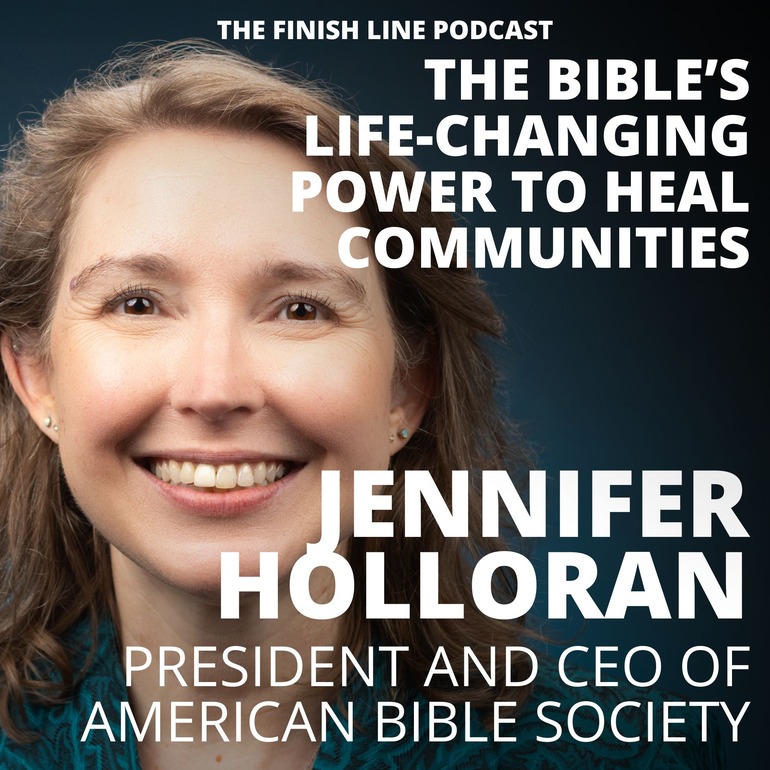This post is one of a growing series of posts on how percentile living drastically changed our incentives, goals, and views on many aspects of everyday life. You can find some of our other posts below:
College was really the first time that I started making decisions based on my faith. While I had been a Christian before that, I wouldn’t say that it affected much of how I lived. As I approached the end of college, I remember struggling with the fact that I didn’t feel called into formal mission work. I had friends who were planning on joining campus ministries or other faith organizations as staff and missionaries. But I felt called to medicine. It felt like a cop-out.
Purpose in the Business World
I remember attending events where panels of people in “normal jobs” would talk about how to be a Christian in the business world. The advice tended to center around (1) being a good worker and (2) living in a way that others could see your faith. I always found it difficult to wrap my head around.
Of course I agreed with those points, but in the back of my mind, I always found myself asking, “How can that ever compare to dedicating your life to formal mission work?” There had to be more! I wanted to witness the depth and greatness of an awesome Creator who was working in the lives around me in ways that could only be explained by a powerful God. And I knew that there had to be a way outside of “formal mission work” to be a part of that.
Rewards in Heaven
For the Son of Man is going to come with his angels in the glory of his Father, and then he will repay each person according to what he has done.
Matthew 16:27
Sell your possessions, and give to the needy. Provide yourselves with moneybags that do not grow old, with a treasure in the heavens that does not fail, where no thief approaches and no moth destroys. For where your treasure is, there will your heart be also.
Luke 12:33-34
They are to do good, to be rich in good works, to be generous and ready to share, thus storing up treasure for themselves as a good foundation for the future, so that they may take hold of that which is truly life.
1 Timothy 6:18-19
The Bible frequently talks about rewards in Heaven. I have long wondered what exactly those rewards actually are. If we are all saved by grace, why are there rewards? Shouldn’t we all be on the same level? Why does it sound like some would be rewarded more than others? It just didn’t make sense to me in light of the rest of the gospel. At some point, however, I began to realize that maybe rewards in Heaven aren’t like the rewards we think about in this life.
I had the opportunity to sponsor a child in Haiti through Compassion International for about 10 years, starting in high school. His name was James. While I never got to meet James personally, I eventually realized something: One day I was going to meet James in Heaven. From time to time, I thought about what that would be like. Even though we had written letters back and forth for 10 years, there were 100 questions I would have for him. And there were probably just as many that he would have for me! We were eternally connected. But had it not been for Compassion International, I never would have been a part of James’ life.
Take a second and consider the fact that one day in Heaven, you are going to meet every single person whose life was changed because of yours. Try to think about who some of those people might be. Perhaps there are people who have been impacted by you that you don’t even know about! Now think about one of the most impactful Christians you know. Imagine what it might be like for them one day in Heaven. Imagine the joyful conversations and reunions they will get to be a part of, each pointing back to God who was working through them.
Maybe when the Bible talks about rewards in Heaven, it is talking about the fruit of a life dedicated to loving people and loving God.
Purpose in Sending
If the bible is serious about those rewards, relationships that will last into eternity, then shouldn’t that be what we want to put our resources towards? Just as Luke says above, all the wealth, the 401k savings, the house and mortgage, and the material comforts we acquire will turn to dust one day.
Imagine if you had $13,000 to put towards God’s kingdom and the Great Commission this year. What would you do with it? That is enough to single-handedly sponsor 3 national missionaries in Southeast Asia for a year. Now imagine the fruit and relationships that result through those missionaries over that 1 year, 5 years, or 10 years. That is what Matthew, and Luke, and Paul are talking about. One day you will get to meet those missionaries and those they served and reached with the gospel. And you will have been a direct link in fulfilling that portion of the Great Commission.
Wartime Mentality
During World War II, every corner of society was mobilized to support the troops abroad. Families rationed food, neighborhoods held scrap drives to collect unused metal, people purchased war bonds, and countless people signed up for jobs in manufacturing plants. Though times were difficult, the country banded together like no other time in history.
For a more recent example, consider how life changed during the heat of the coronavirus outbreak. Countless programs were created to address food insecurity, cologne factories began producing hand sanitizer, restaurants offered food free to those who needed it, thousands of people began creating masks and face shields at home for hospital staff, and communities formed N95 mask drives to collect masks for frontline workers.
Do these actions require great sacrifice? Of course! But the people working towards these efforts are filled with passion and purpose. They want to stand in the gaps where they are needed rather than stand on the sidelines.
We can live with that level of purpose all the time. But the problem is that without the constant headlines, calls to action, and inspiring examples surrounding us, we begin to slip into the idea that everything is okay. Our time and resources are gradually redirected towards our own needs. And it takes another rallying call to snap us out of it again.
God Works in the Margin
When we accept that there is a finite limit to the resources we need for ourselves, we end up with a growing portion of “excess” meant for someone else. Before long, that question of “What would you do with $13,000 that you can’t spend on yourself” becomes a reality.
Stop for a second and really think about that question. If you had $13,000 that you had to spend on something besides you or your family, what would you do with it?
Inspired to leave a large tip for the mailman? Help a friend who is out of a job? Send your pastor on a long overdue vacation? Fund missionaries overseas? Sponsor a child in need of support? Make microloans to women in developing countries? Provide clean water for those without? Address food insecurity in your neighborhood or city? Translate the bible into a new language? Stop the spread of simple, common diseases? The possibilities are endless because there’s nothing stopping you.
However, we often never even get to that question because we are stuck on “What would I have to give up in order to do …”
When we choose an objective limit for the amount we spend on ourselves, we give our brain the freedom to skip right over that step and move on to the good stuff. And we give God space to move.
In Leviticus, God talks about creating margin like this:
When you reap the harvest of your land, you shall not reap your field right up to its edge, neither shall you gather the gleanings after your harvest. And you shall not strip your vineyard bare, neither shall you gather the fallen grapes of your vineyard. You shall leave them for the poor and for the sojourner: I am the Lord your God.
Leviticus 19:9-10
By creating margin, we give God the space to do incredible things. And He invites us to be a part of the wonderful extraordinary things He is already doing. But without that margin, we force ourselves into a constant uphill battle with ourselves. In the end, at least in our experience, we tend to lose that battle and we miss out on the depth and purpose God invites us into.
A Final Word
There are many changes that take place in our hearts when we commit to a percentile, and our sense of purpose is just one of them. To see how else we’ve been impacted, try some of the following posts:








0 Comments